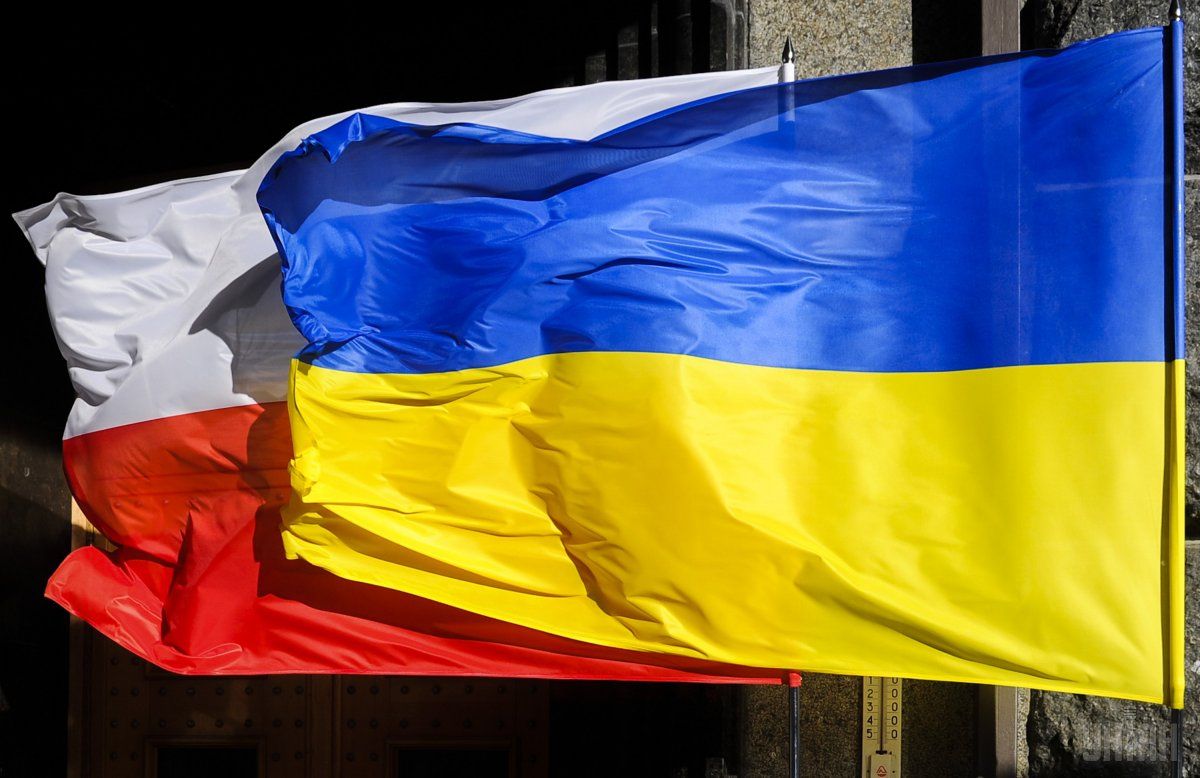
The event was co-organized by the Institute of World History of the National Academy of Sciences of Ukraine, the Ministry of Information Policy of Ukraine, the Ukrainian Center of Islamic Studies, the Institute of Geopolitical Dimension, and Polonews portal.
The participants of the international conference discussed ways to overcome the consequences of the common historical past of the Baltic-Black Sea Union countries, which is of particular relevance in the context of the aggravation of the security situation in the region.
Read alsoUkraine's ambassador to Poland sees Russian hand in attack on consulate in LutskOpening the conference, Deputy Minister of Information Policy of Ukraine Dmytro Zolotukhin said that Ukraine was going to overcome the consequences of the totalitarian past through active modernization and development of civil society. The concrete mechanism of this process is the growing political maturity and responsibility of the Ukrainian society and its wider role in state governance. The need was stressed to consolidate efforts of the Baltic-Black Sea Union countries in the fight against Russian hybrid aggression since it remains a major obstacle of harmonization of international relations and strengthening regional security. As of today, Ukraine has accumulated the greatest experience in fighting the Kremlin propaganda and is ready to share it with its partners.
Advisor to the Ambassador of Poland in Ukraine Jacek Zur said that the way to overcome the consequences of totalitarianism in the common past of the Baltic-Black Sea Union countries was to solidify relations between the nations in the region. Solidarity must work on two levels: as a fundamental principle of social relations in each country and as a basis for international relations. Solidarity has a special symbolic significance for Poles and can serve as a mechanism for extending the zone of regional stability and security. The Polish diplomat illustrated the political solidarity by the example of actions of former President of Poland Lech Kaczynski, who in 2008 initiated the Tbilisi summit of leaders of the region, in support of the Georgian people, who became a victim of the Kremlin's military aggression, saying that "Georgia has become a victim, later Ukraine, then Poland, and the Baltic States may repeat its fate if they fail to show solidarity in addressing this problem."
Read alsoKlimkin accuses Russia of trying to spoil Ukraine-Hungary relationsDeputy Director of the Center for Polish-Russian Dialogue and Understanding Dr. Lukasz Adamski said that the necessary condition for the harmonization of international relations and the stability of the Baltic-Black Sea Union was the fact that the politicians and public figures should keep the region from politicizing sensitive issues of common historical past, which is especially relevant to the events around the crimes of totalitarianism. Complex issues of the past should be resolved by skilled professional historians with the previous agreement of clear methodological and axiological foundations of joint scientific discourse. In particular, this practice will allow reducing tensions associated with historical issues in Polish-Ukrainian relations and will not allow manipulating these topics to conduct propaganda.

